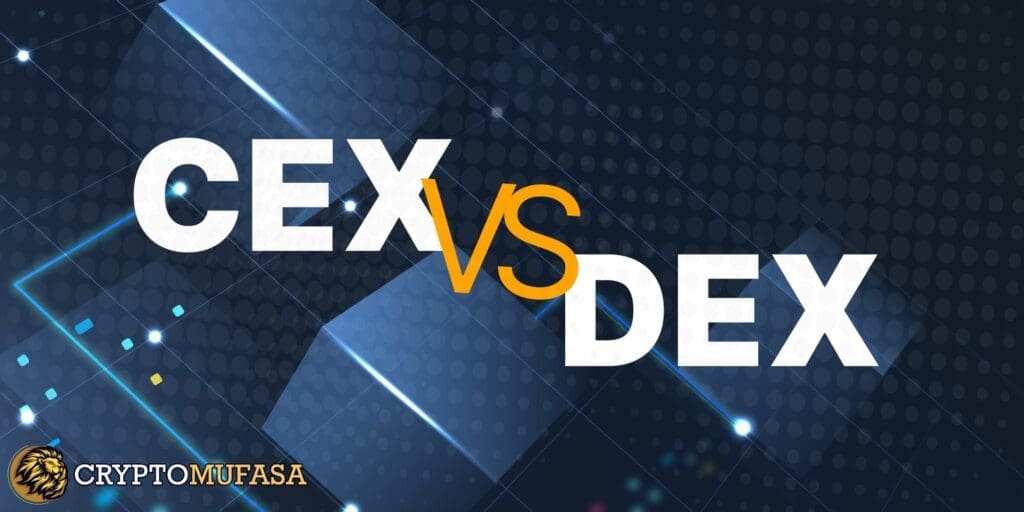ARTICLE AD BOX

Rumors of high fees for token listings on centralized exchanges (CEXs), especially the Coinbase high listing fee, have drawn fresh attention to decentralized exchanges (DEXs) as industry figures raise concerns over CEX policies.
Controversy Over Alleged Listing Fees
Key industry figures have claimed exorbitant fees. Recently, Justin Sun, founder of the Tron network, alleged that Coinbase demanded fees totaling $330 million to list Tron (TRX). Specifically, Sun claims this included a request for 500 million TRX (about $80 million) and a $250 million deposit in Bitcoin. This, however, appears to contradict Coinbase’s public stance of ‘no fees for listing,’ as emphasized by CEO Brian Armstrong. Consequently, the high listing fees at Coinbase may require further examination.
Andre Cronje, creator of the Fantom Network, claimed that Coinbase requested listing fees ranging from $30 million to $300 million. Cronje, known for his long-standing role in decentralized finance and the launch of Fantom, contrasted this with Binance’s policy. Binance, unlike Coinbase, directs any project contributions to charity, maintaining a fee-free listing policy.
The Growing Appeal of DEXs
The debate over listing fees has stoked interest in DEXs, which offer projects autonomy in listings without high costs or regulatory delays. As investors and projects alike voice frustration with CEX fee structures, the appeal of DEXs is on the rise. Simon Dedic of Moonrock Capital stated that the current environment may drive projects toward decentralized trading alternatives, given the transparency and ease of entry DEXs provide. This shift may be partially attributable to concerns around Coinbase’s high listing fee requirements.
Market analyst Michaël van de Poppe shared a similar sentiment, predicting that DEXs could play a larger role as the community grows weary of centralized gatekeeping. According to research from 0XScope, DEX trading volumes have shown marked increases this year, peaking above $250 billion in March and June as more traders avoid platforms with high listing fees such as Coinbase.
CEXs vs. DEXs: A Changing Landscape
The role of CEXs in shaping the future of crypto listings remains under scrutiny. By mid-October, DEXs made up about 13.6% of total trading volumes, equating to $136 million per $1 billion traded on CEXs. As preferences shift, DEXs could gain momentum, providing a more transparent, cost-effective way for new assets to enter the market. This market evolution is, in part, a reaction to the high listing fees imposed by platforms like Coinbase.
Conclusion
As discussions around CEX listing fees continue, decentralized options are quickly gaining ground as viable alternatives. A shift in trading habits seems likely, with major industry players backing DEXs and expressing frustration with traditional exchanges. As DEX platforms gain popularity and market share, the cryptocurrency market may experience a substantial change. This shift may be fueled by dissatisfaction with Coinbase’s high listing fee policies.
The post Coinbase Face Scrutiny Over High Listing Costs, Sparking Shift Towards Decentralized Platforms appeared first on Crypto Mufasa.
.png)
 2 months ago
3
2 months ago
3








 English (US)
English (US)